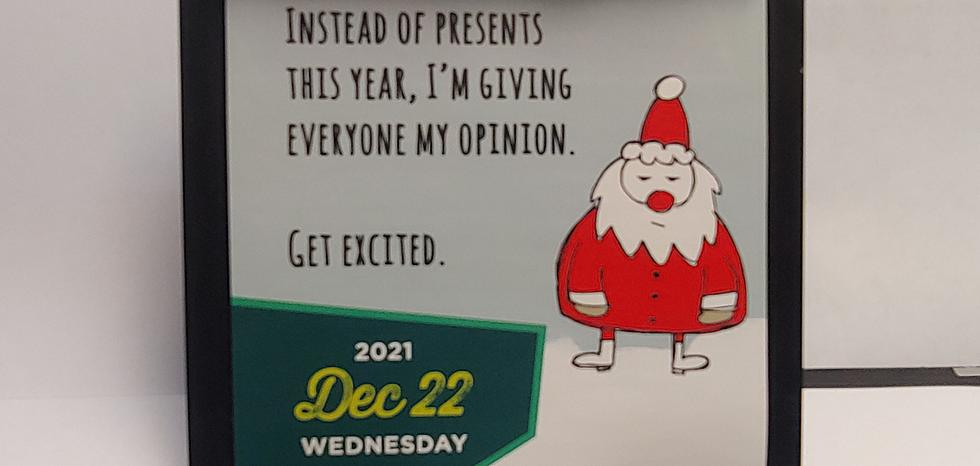
The 12 Scams Of Christmas
The Better Business Bureau and McAfee warn ... 'Tis the season for holiday scams. Here's their list of the 12 Scams of Christmas:
1. Offers of "free" iPads. In the Facebook, Twitter or other social media version of the scam, users are asked to "take a quiz to win a free iPad and must supply their cell phone number to receive the results. In actuality they are signed up for a cell phone scam that costs $10 a week."
2. "Help! I've Been Robbed." This travel scam sends phony distress messages to family and friends requesting that money be wired or transferred so that they can get home.
3. Fake gift cards. Social media (Facebook, Twitter, MySpace as examples) are used to "promote fake gift card offers with the goal of stealing consumers' information and money, which is then sold to marketers or used for ID theft," says McAfee.
4. Holiday job offers. Maybe for some, the recession is over, but not for many of us still. Twitter scams offer dangerous links to high-paying, work-at-home jobs that ask for your personal information, such as your e-mail address, home address and Social Security number to apply for the fake job.
5. "Smishing." You've heard of phishing? "Smishing" is when a phishing SMS, or text messages, arrives on your cell phone, wanting you to bite. "These texts appear to come from your bank or an online retailer saying that there is something wrong with an account and you have to call a number to verify your account information. In reality, these efforts are merely a ruse to extract valuable personal information from the targets," McAfee says.
6. Suspicious holiday rentals. During peak travel times when consumers often look online for affordable holiday rentals, cyber crooks post fake holiday rental sites that ask for down payments on properties by credit card or wire transfer.
7. Recession scams continue. "Scammers target vulnerable consumers with recession related scams such as pay-in-advance credit schemes. McAfee has seen a significant number of spam e-mails advertising pre-qualified, low-interest loans and credit cards if the recipient pays a processing fee, which goes directly into the scammer's pocket."
8. Grinch-like greetings, involving e-cards. Electronic cards can save paper and postage, but cyber criminals load fake versions with links to computer viruses and other malware
9. Low price traps. "Too good to be true" deals, which are promoted on some auction sites and fake websites.
10. Charity scams. "Common ploys include phone calls and spam e-mails asking you to donate to veterans' charities, children's causes and relief funds for the latest catastrophe."
11. Dangerous holiday downloads. "Holiday-themed screensavers, jingles and animations are an easy way for scammers to spread viruses and other computer threats especially when links come from an e-mail or IM that appears to be from a friend."
12. Hotel and airport Wi-Fi vulnerabilities. This is an anytime risk with thieves who are savvy enough to hack into public networks being used by hurried travelers. Hacker-thieves can steal credit card numbers, bank accounts and other forms of personal identity; try not to access bank accounts, for example, or give your credit card number online while using public Wi-Fi. It's a good rule for every day -- not just for the holidays.
More From Cool 98.7 FM









